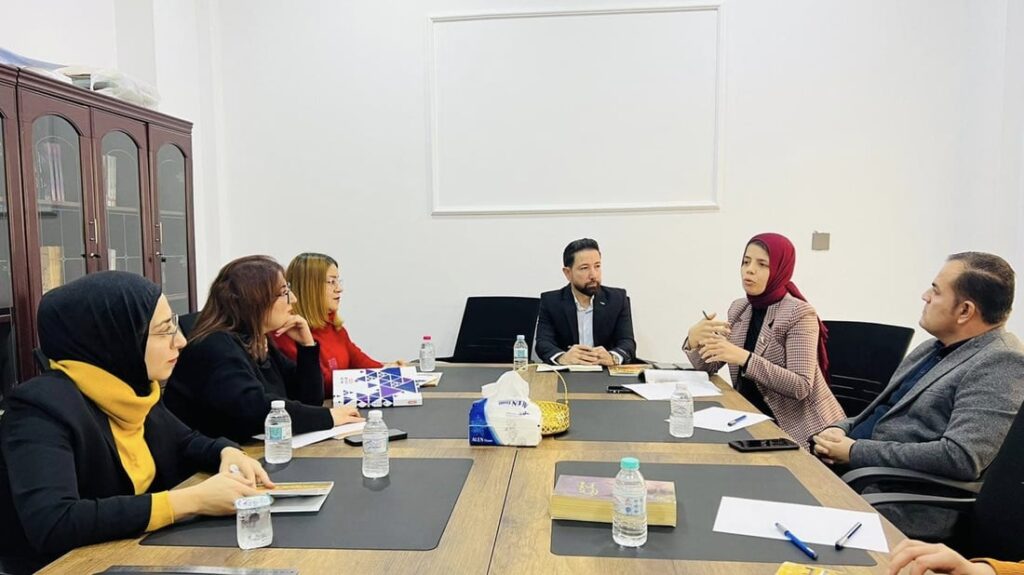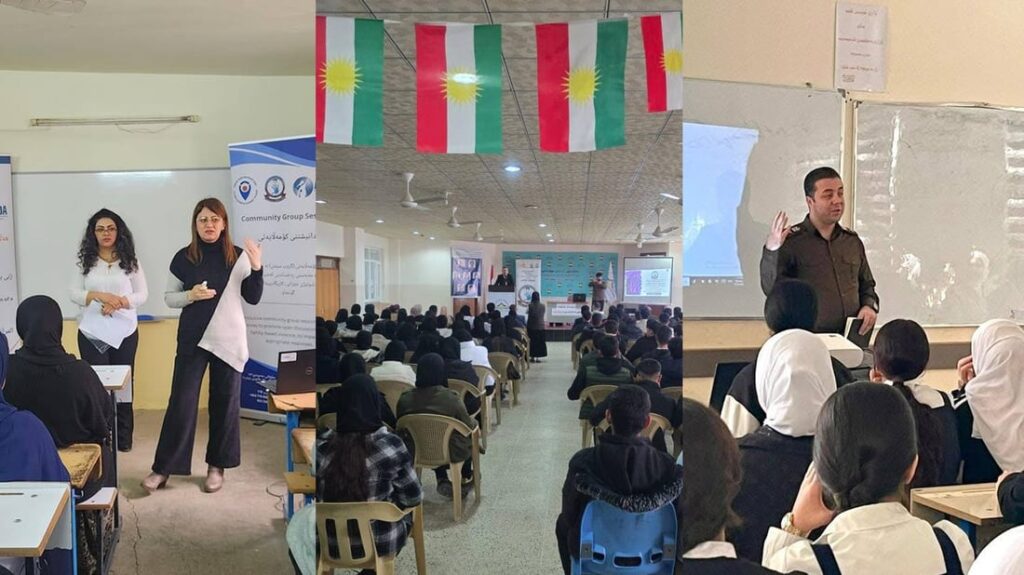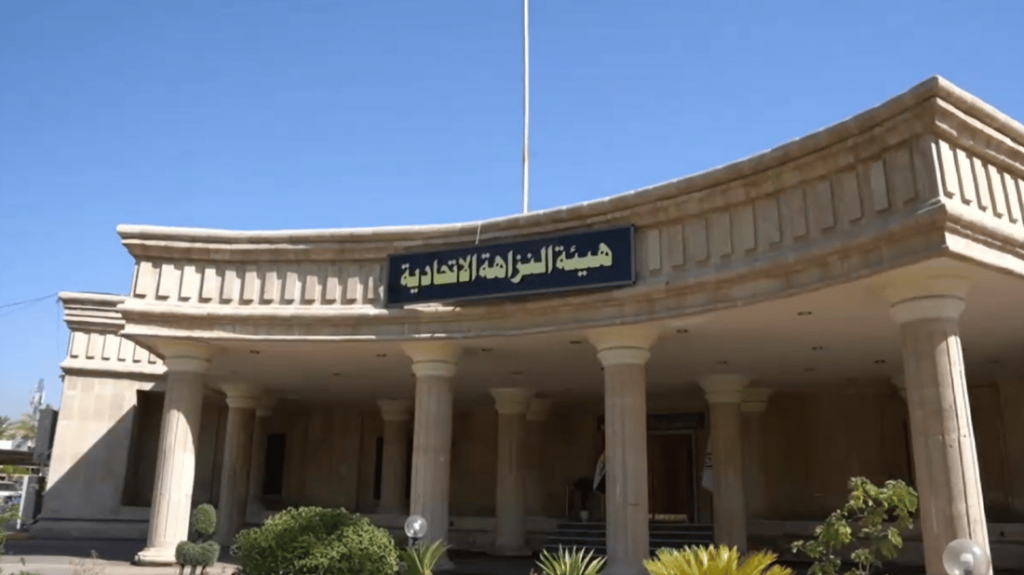World: GECARR Agile Analysis that Shapes Action, September 2019
Executive summary
A high tolerance for ambiguity is essential to conduct rapid context analysis in fragile contexts, and the Good Enough Context Analysis for Rapid Response (GECARR) tool was designed for that purpose.
It is built to equip decision-makers with a practical and locally informed snapshot analysis during times of crises, and to enable and incentivise timely, effective and safe humanitarian decision-making in difficult contexts and circumstances.
This report outlines three pillars that make GECARR a rapid context analysis of choice in volatile contexts. Firstly, it explains its action oriented and locally informed analysis when time, resources and predictability are scarce. Secondly, it explains its agility that makes it work in fragile contexts because it is underpinned by principles of timeliness, local ownership and practicality. Thirdly, it outlines its ability to turn analysis into decisions that lead to action.
What is GECARR?
GECARR is a macro-level analysis of a country or a specific geographic context of a country. It is a tool used during, or in anticipation of, an imminent change or at the initial or urgent phase of a humanitarian response. GECARR findings can influence decisions including shaping the design of relevant response plans for improved planning, responsiveness and accountability to affected populations, and informing security management.
Over a period of 7-10 days a trained GECARR team draws together the views of a wide variety of internal and external stakeholders, including staff, local community members, and partners. This is done through What is GECARR? focus group discussions, key informant interviews and a half day scenario planning workshop. The purpose is to produce a snapshot of the current situation, including current context, needs, key actors, sources of cohesion and division (connectors and dividers), likely future scenarios and practical and actionable internal and external recommendations for NGOs involved in humanitarian response. These recommendations can be used immediately and are appropriate and relevant to the context. The outcome is a short document that is easily digested by busy decision-makers and practitioners.
For more information on the GECARR, click here.





